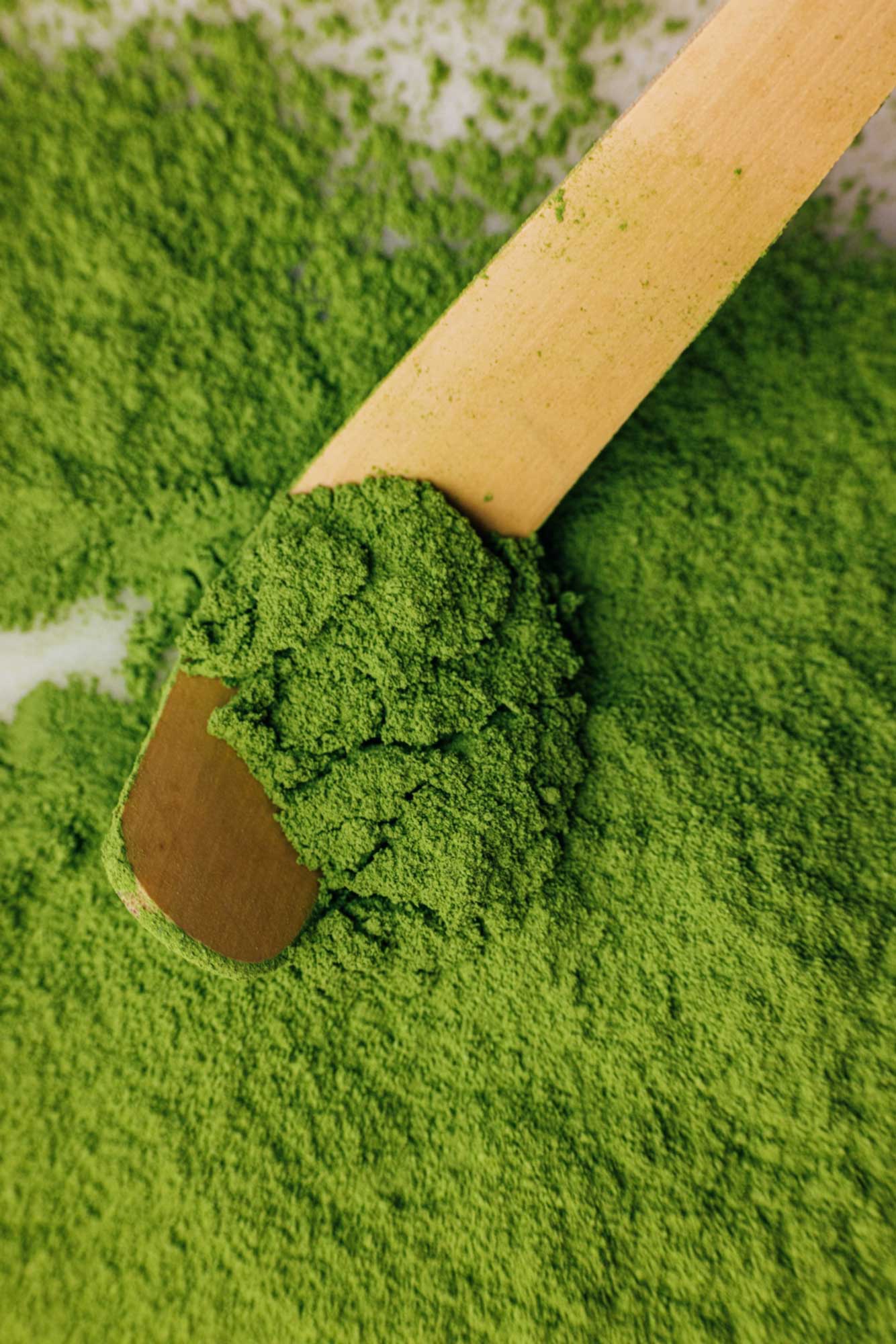
Matcha and its harmful substances
What is really in the green tea powder?
Matcha is a high-quality green tea powder from Japan that has become increasingly popular in recent years. Whether as a superfood or a healthy coffee alternative, matcha is known for its high nutrient content and antioxidant properties. But what about contaminants in matcha? Are heavy metals, pesticides, or radioactivity a concern? Here you'll learn what to look out for and how our matcha performed in lab tests.
Why pollutants in matcha are an issue
Because matcha is made from whole, finely ground tea leaves, you consume all of the tea's components directly—both the beneficial nutrients and potential contaminants. Several factors play a role in its production that could lead to contamination.
This can lead to stress:

Why organic matcha is so important
If you want to play it safe, it's absolutely essential to choose organic matcha. Organically certified matcha products are subject to strict controls and significantly reduce the risk of pesticide residues and other harmful substances. This is the only way you can enjoy the pure quality of the green tea powder without worry.
What can you do to avoid contaminated matcha?
To ensure that your matcha is free from toxins and safe to consume, you should pay attention to the following criteria:

origin
Matcha from certified growing areas with regular controls is particularly trustworthy.
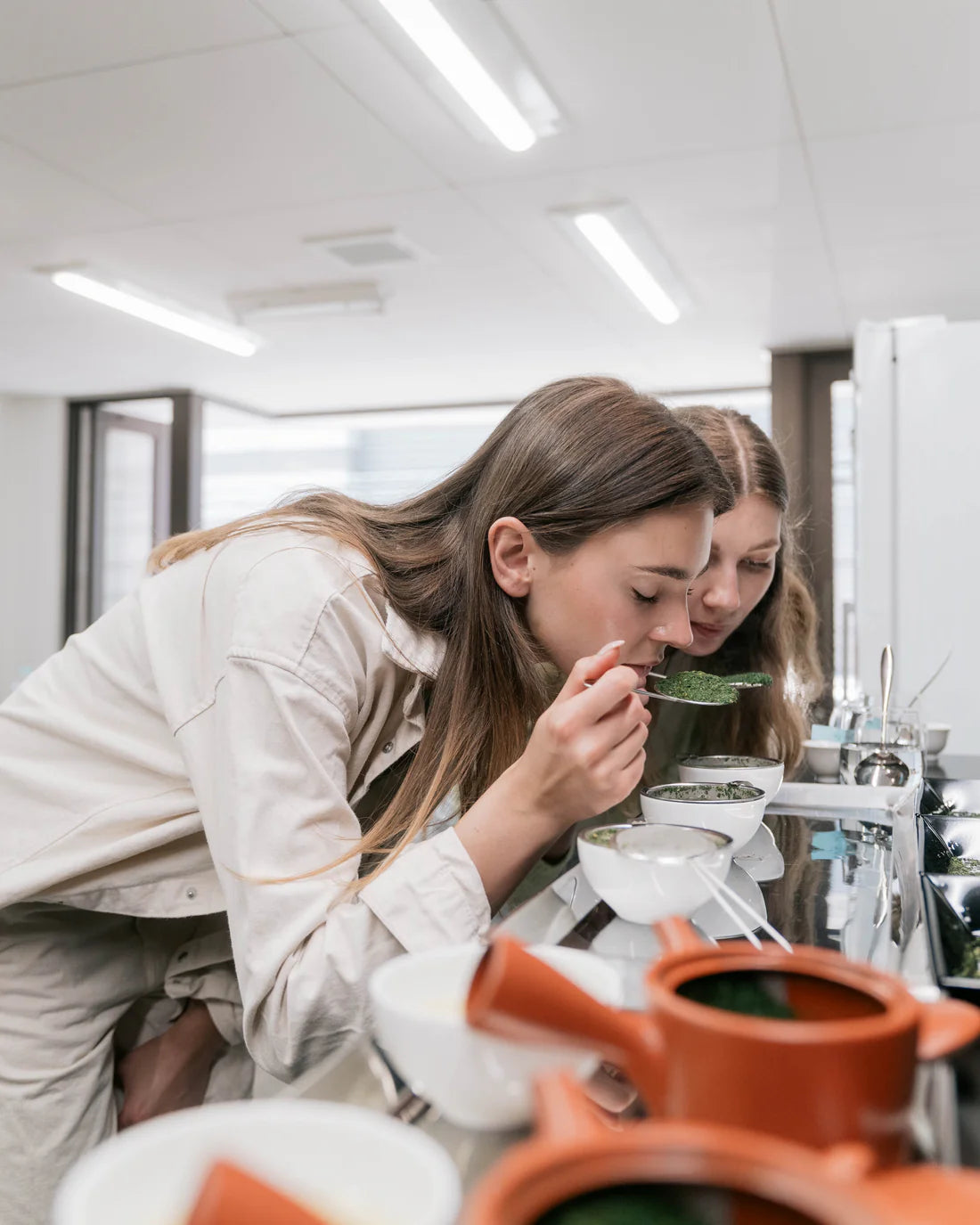
Organic certification
Organic matcha is more strictly controlled and reduces the risk of pesticide residues.
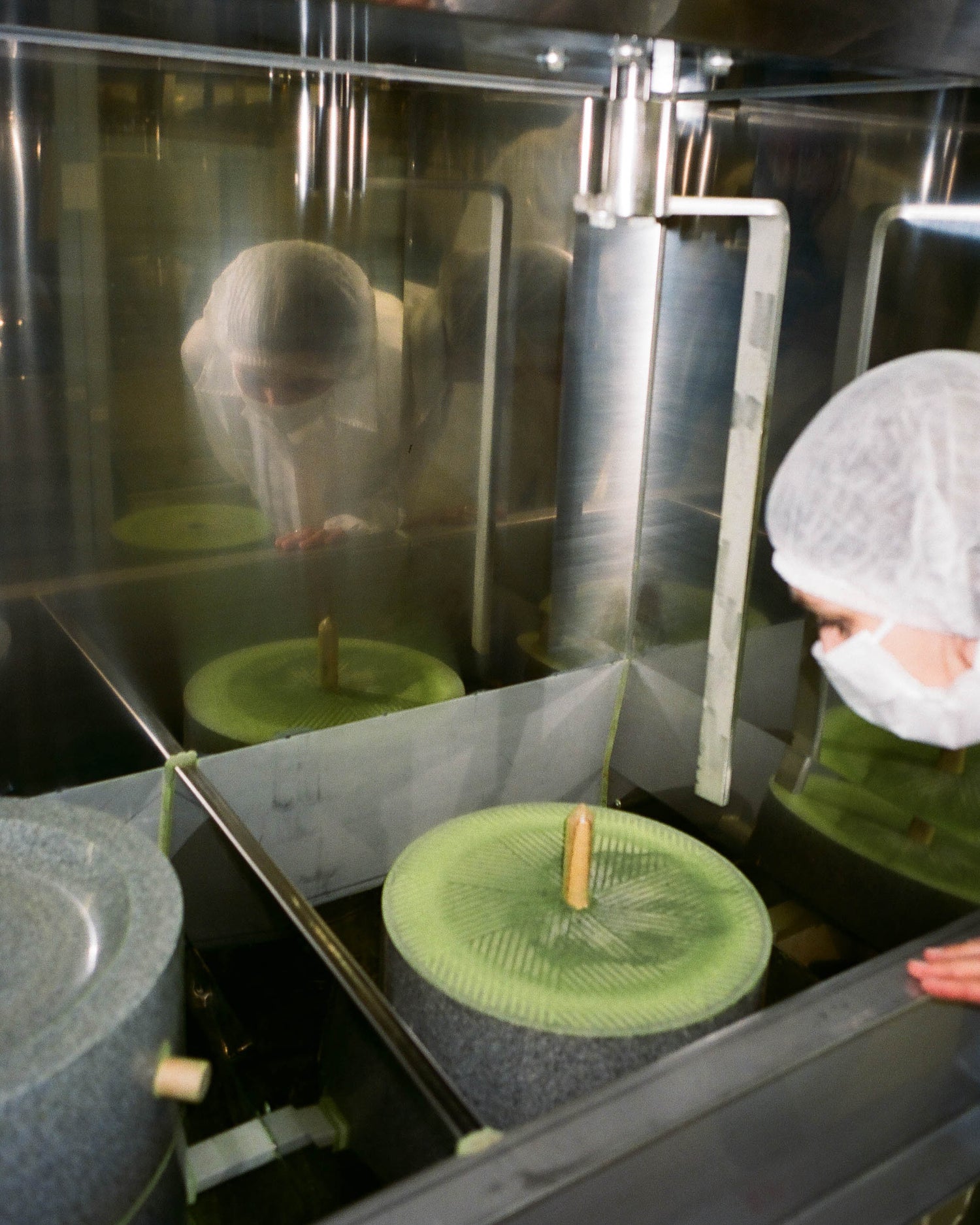
The laboratory analysis
Manufacturers who conduct independent laboratory tests offer maximum transparency.
Our laboratory test result: Tested Matcha without concerns
Quality and transparency are our top priority
Therefore, our matcha has been carefully tested for potential contaminants in independent, accredited laboratories. Here are the detailed results:
On behalf of HEALTH BAR GmbH, the matcha tea (internal sample number mlsa10018) was analyzed by accredited laboratories for heavy metals (lead, cadmium, arsenic, aluminum, mercury), pesticides (screening approximately 650 compounds), and radioactivity. It can be confirmed that this product complies with the currently applicable legal limits and recommended values for these parameters. Based on the analyses conducted, this sample can be classified as marketable.
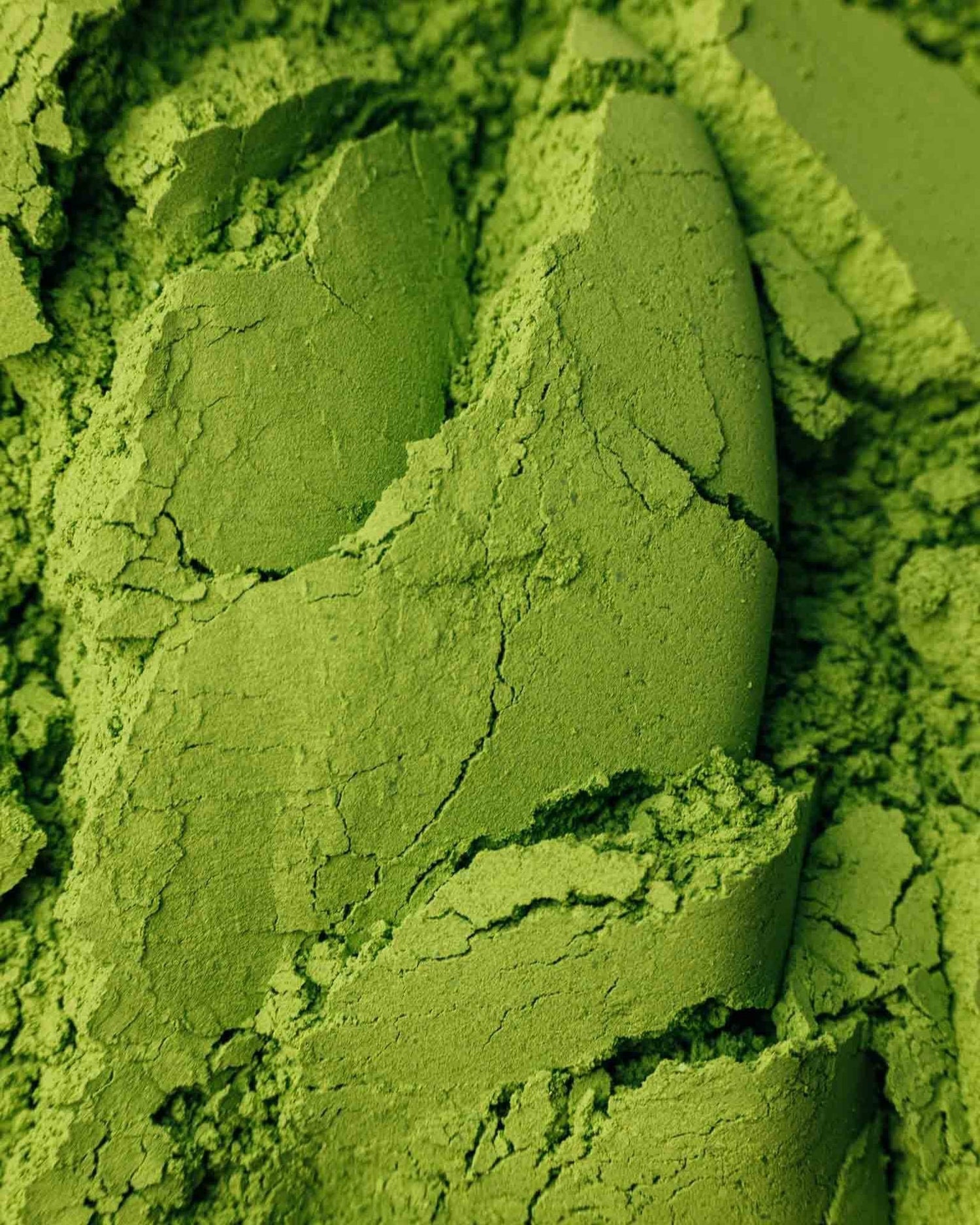
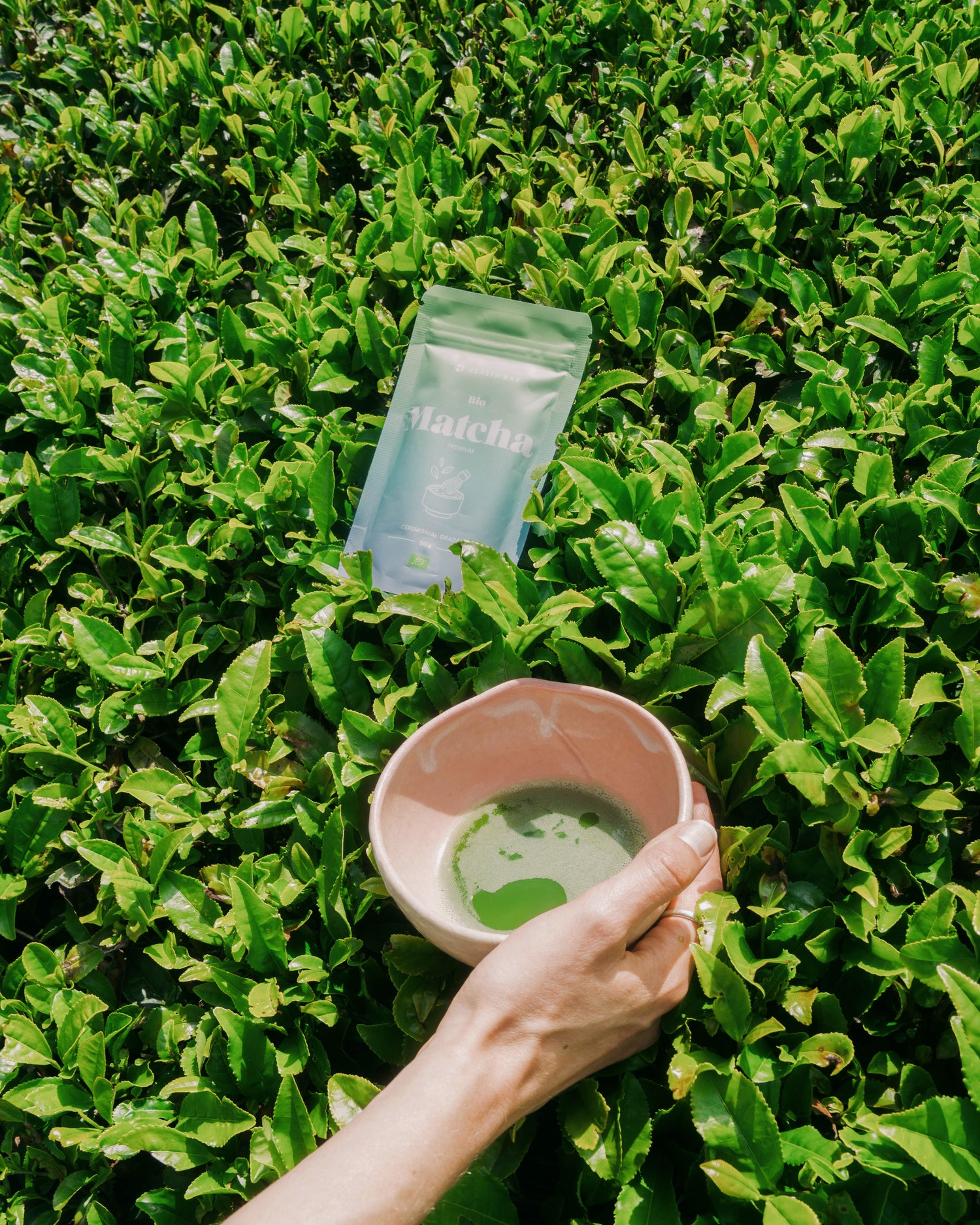
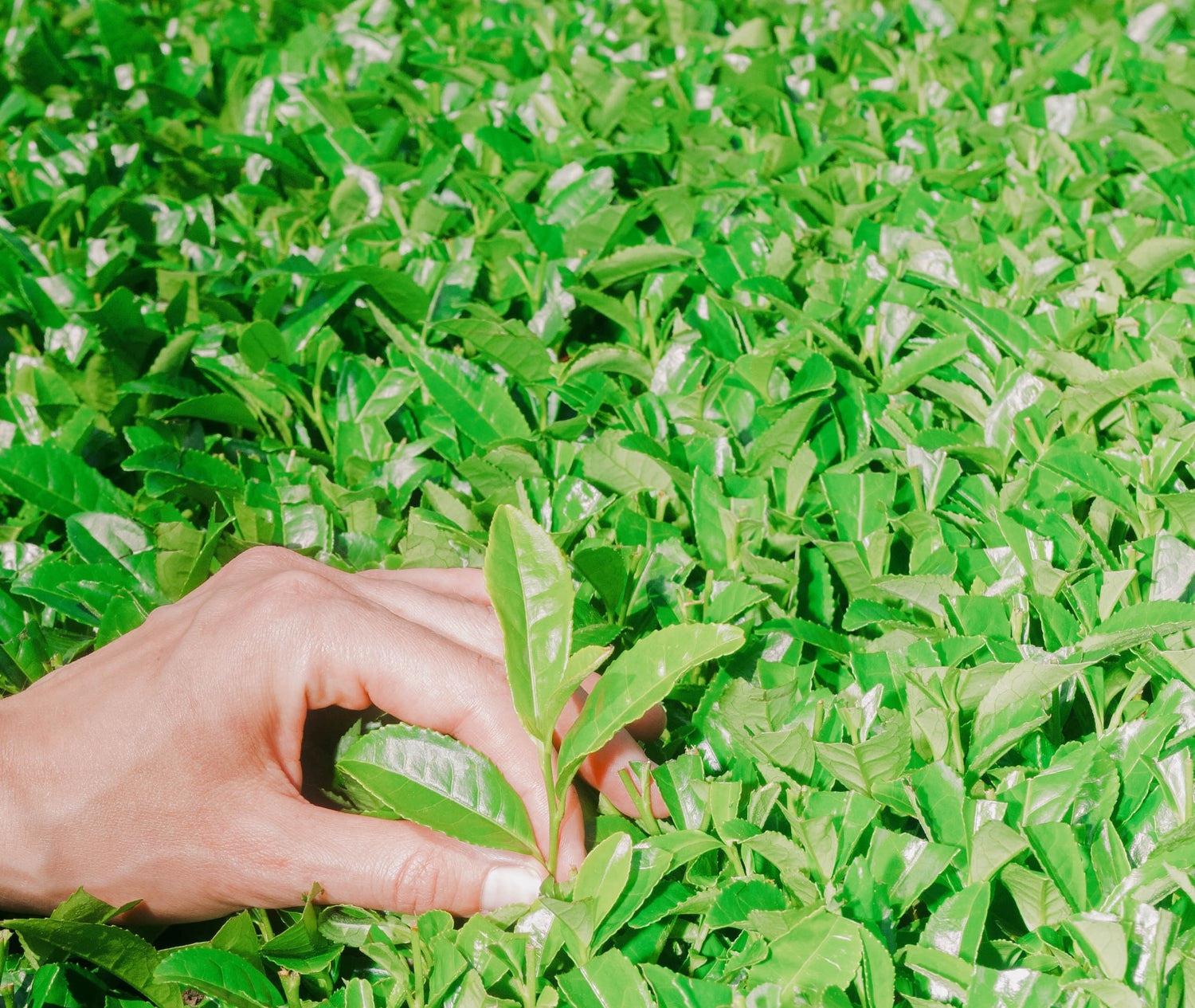
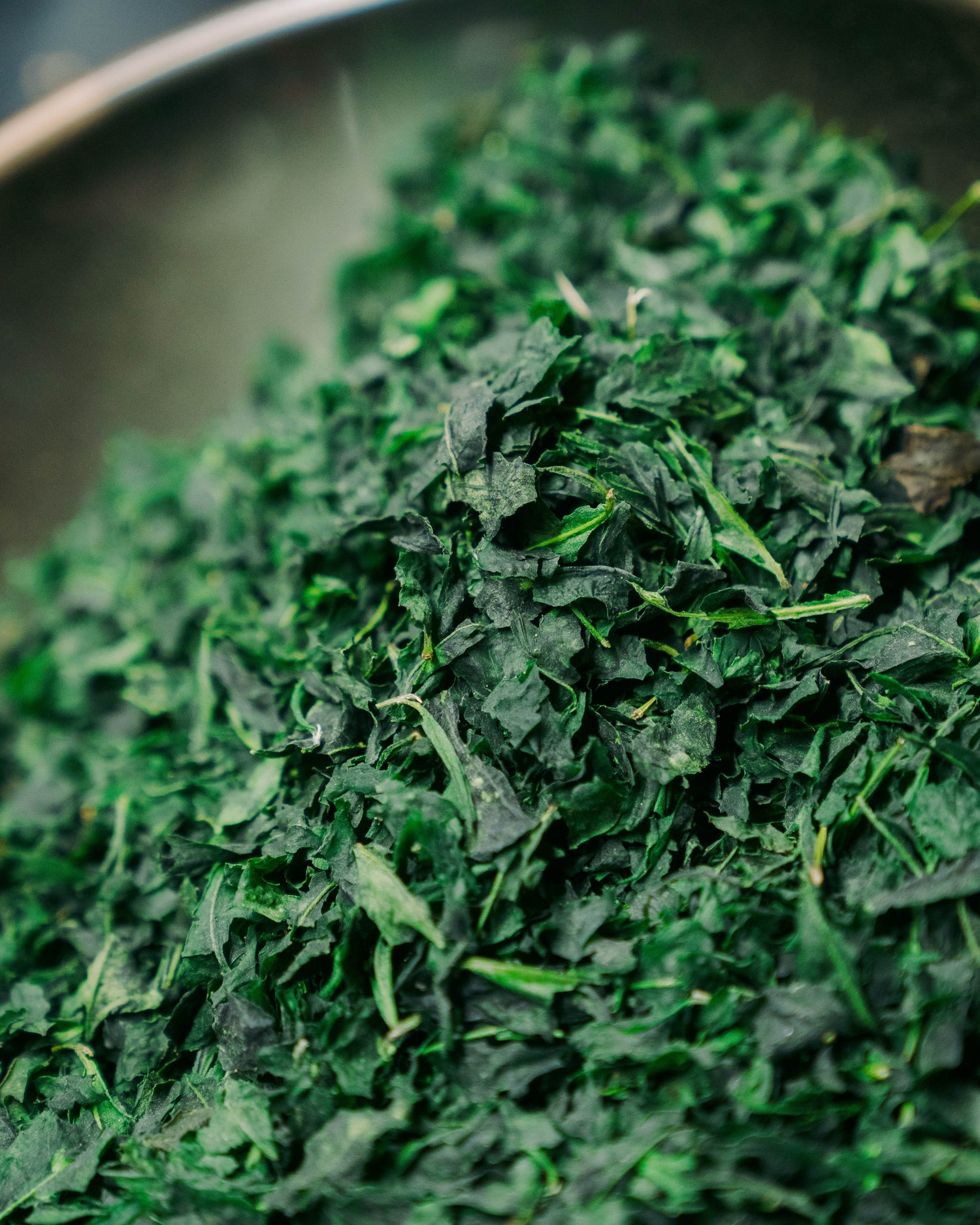
Conclusion: Safe Matcha enjoyment with HEALTH BAR Matcha
Our matcha has been extensively tested and meets all legal requirements and safety standards. This means you can enjoy our product without worry – full of flavor and free from harmful substances. Whether for a tea ceremony, as an energy boost, or to enhance smoothies and desserts: our matcha offers you the highest quality combined with complete safety.
More information
-
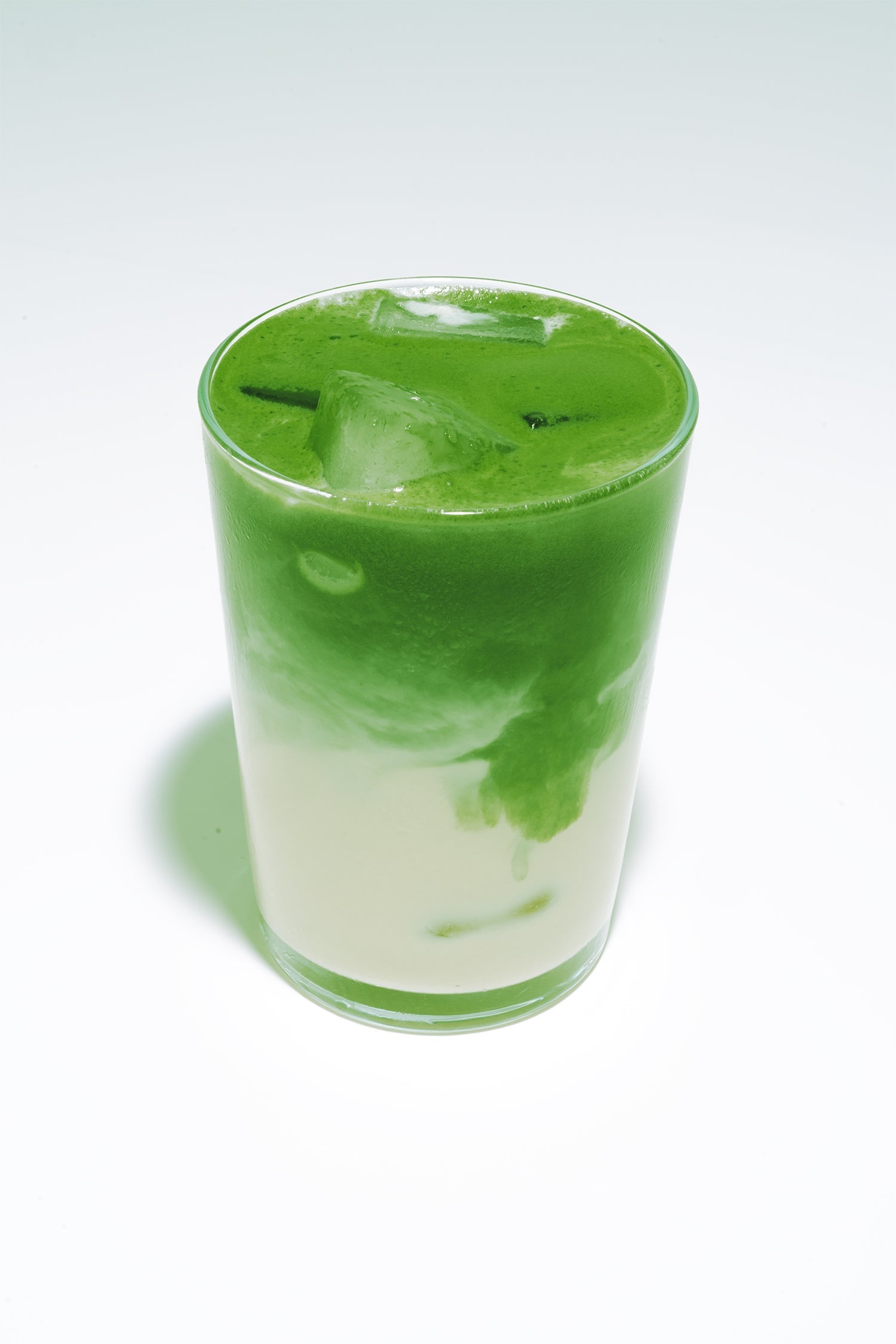
Matcha ingredients
What exactly is matcha made of? Learn in this guide why it's worth taking a closer look at the many ingredients of the green powder!
-
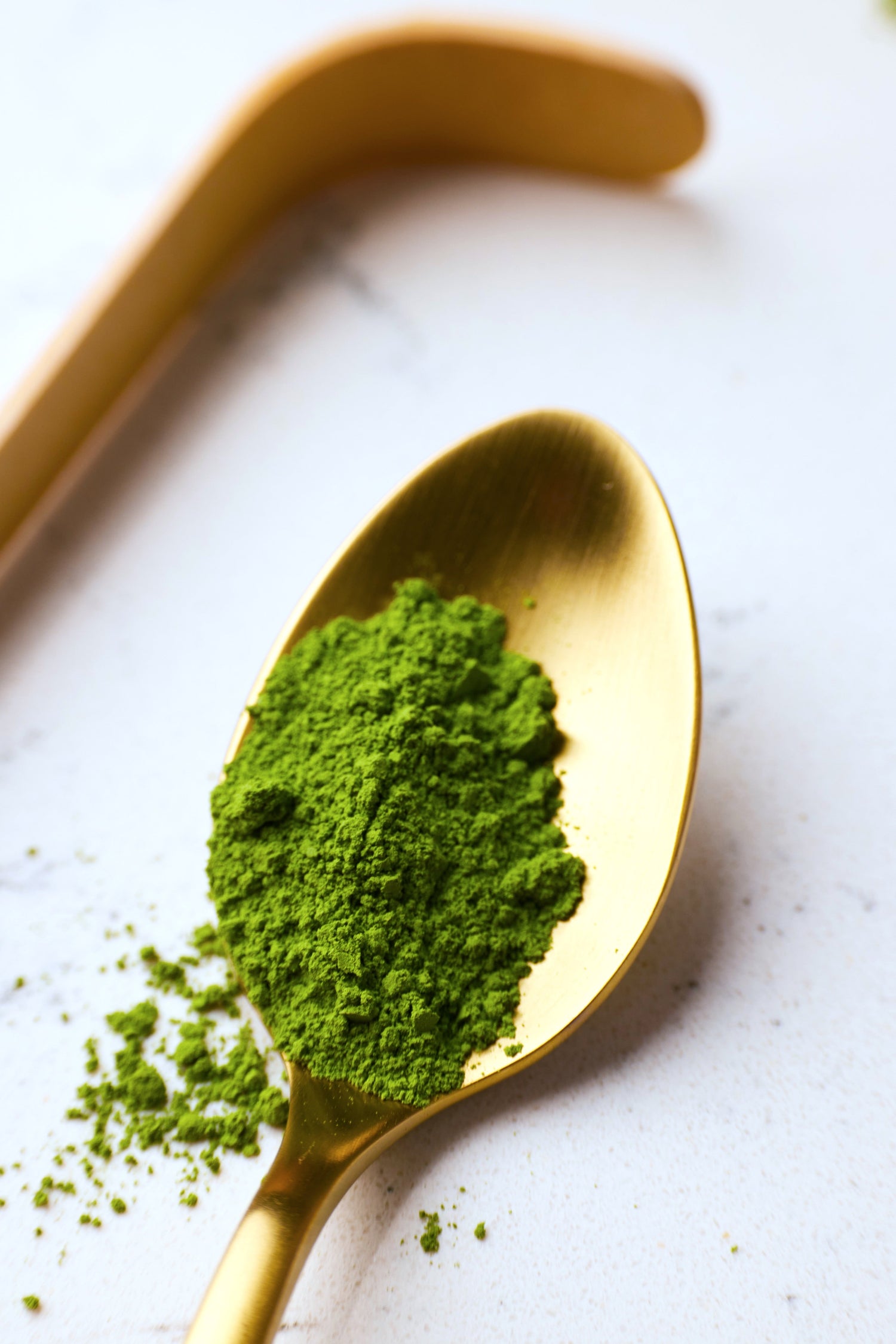
Best Matcha: not just good, but wow
Best Matcha: How to Find the Real Enjoyment Matcha is much more than just a green trend – it is enjoyment, ritual, and a special moment in everyday life. However,...
-
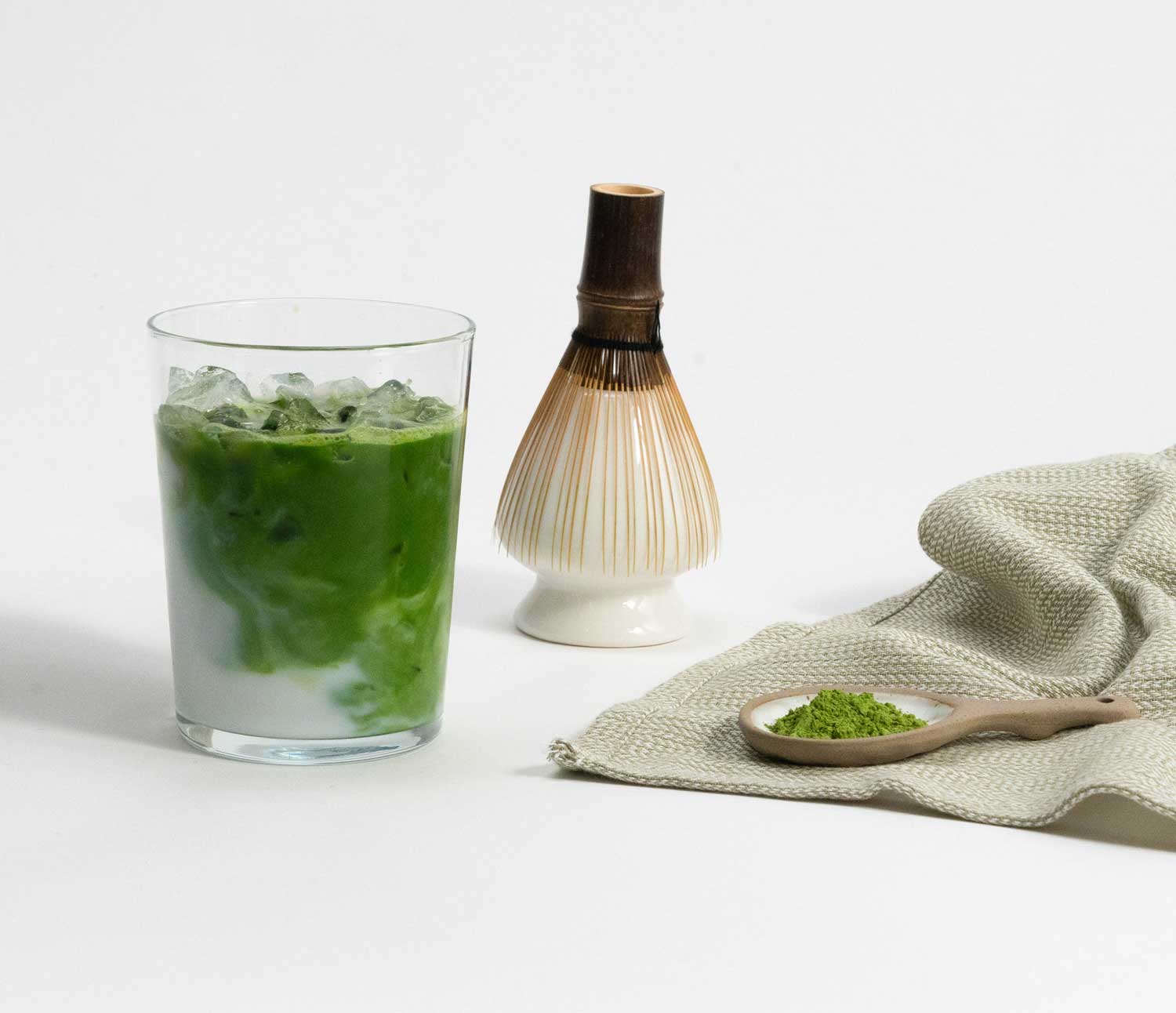
Your Matcha Start: What do you need as a beginner?
Our Matcha Beginner's Guide provides you with all the essentials and practical tips for the perfect start into the world of high-quality organic Matcha. Learn which products are truly important...




